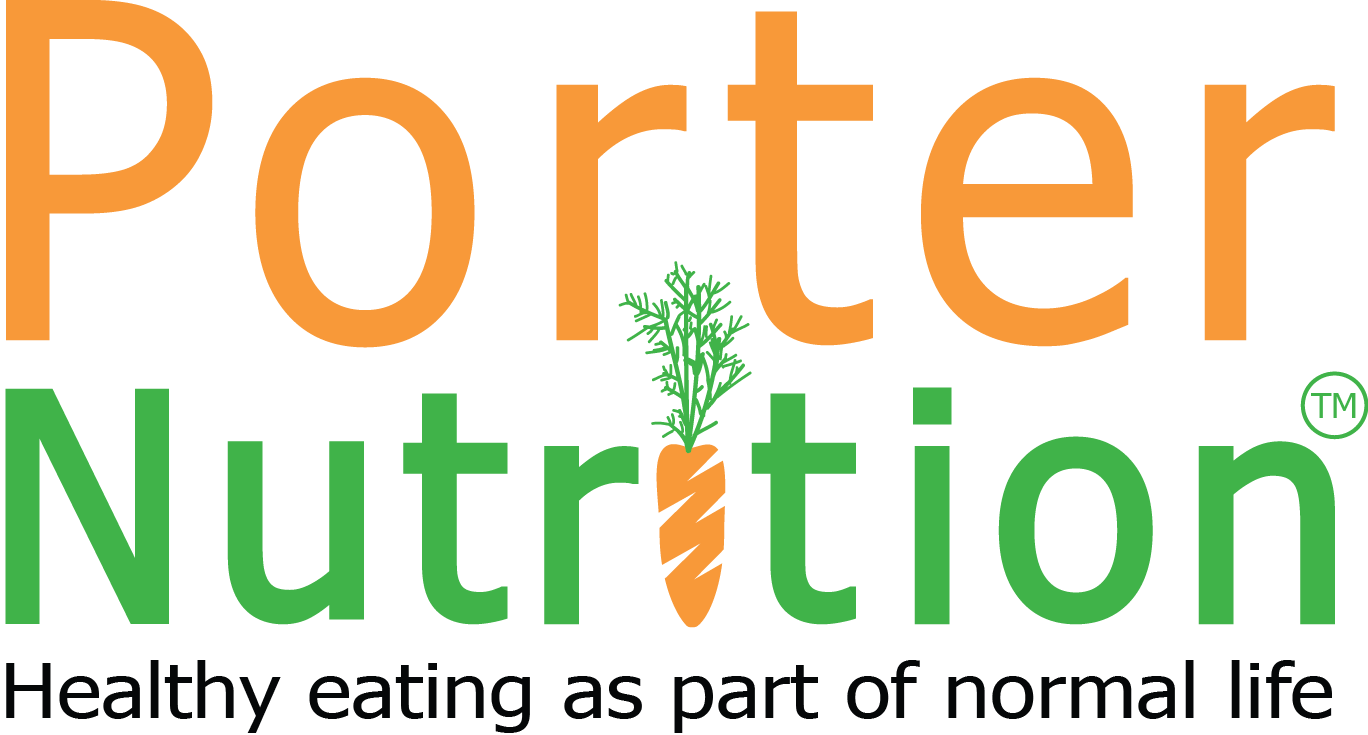This is a question to wrestle with. I am not going to give you the answer but share a few thoughts to start off your dinner time discussion!
With the latest cancer prevention report suggesting processed meat should, if possible, be avoided and the government consulting (finally) on a total ban of the sale of energy drinks to children based on the overwhelming body of evidence which says that the levels of caffeine in energy drinks are harmful to children, we need to ask ourselves whether products like these should even be allowed to be produced, let alone, sold legally?
We know that alcohol is harmful, we know that cigarettes are harmful and yet we continue to sell these (although there are restrictions of course), why, perhaps because of the taxes they bring in or perhaps because we are fortunate enough not to live in a dictatorship. We know that not wearing a seat belt can be harmful so there is legislation in place to ensure we wear one to protect ourselves. Where are the parameters for food?
There are clearly some foods which are banned. The EU has very strict testing for approving additives, whether natural or artificial, and there are very strict safety and hygiene standards for foods produced or sold in the EU (let’s hope it stays like this post Brexit, but that is a discussion for another day!). But beyond the safety and hygiene of a product, what about foods which might not kill us or make us ill in the short term but ones which might have an impact on the quality or overall length of our lives?
I am an advocate of choice. Restricting a product and it doesn’t necessarily have the desired effect. Look at the impact of taxing sugary drinks, yes manufacturers responded by reducing the sugar in their drinks but they did not necessarily reduce the sweetness of the drinks. The focus was on calories, and not on the quality of the food consumed. The focus on calories is not a great message for the public. Children do not need to focus on calories, the tragic stories of eating disorders or of young children hating their own bodies show us that. Pregnant women should not focus on calories, yes, they should not be eating for 2 in terms of energy but the focus has to be on the micronutrients (vitamins and minerals) the calories contain.
Policy makers have a hard job trying to balance the market and consumer demands with the scientific evidence but at some point the weight of the evidence must prevail. It may take time, like it did to get the ban on smoking in public places put in, but it must be done. I hope the consultation on banning the sale of energy drinks to children will lead to legislation. The supermarkets have already put a ban in place so we are half way there. I wonder if there are other foods we should have similar restrictions on – processed meat perhaps? For the sake of children, especially those from low income households, this might be needed. BUT we must look at the unintended consequences, we must ensure the quality improves of the cheaper products without pricing the poorest even further out of a healthy diet.
What do you think?
